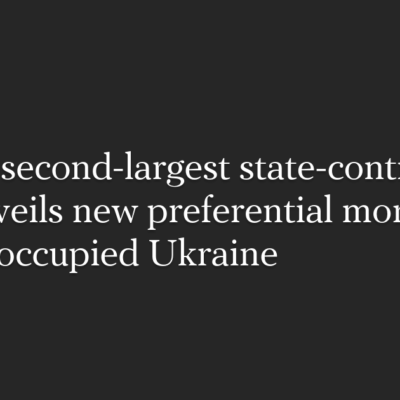The dream of falling mortgage rates in 2024 has hit a snag. Recent economic data, especially stubborn inflation, has thrown a curveball at prospective homebuyers in May. Let’s explore what experts predict for mortgage rates for this month (May 2024) and the key factors that could shake things up.
Where We Stand:
As of today, May 2nd, 2024, the average 30-year fixed-rate mortgage sits at a hefty 7.22%. This is significantly higher than earlier expectations for 2024, which hovered around 6.5%. The Federal Reserve’s response to inflation is a key driver of this increase. In order to combat rising prices, the Fed has signaled a willingness to raise interest rates, which in turn affects the rates that lenders offer on mortgages.
Expert Predictions:
The forecast for May is divided. Some experts, like those at Bankrate, predict rates could climb even higher, potentially reaching 8% if inflation continues to be a major concern [Bankrate]. They point to recent economic data, such as a higher-than-anticipated Consumer Price Index (CPI) report, as evidence that inflation might be stickier than previously thought. This could lead the Fed to take a more aggressive stance on interest rates, pushing mortgage rates even higher.
Others, like the Mortgage Bankers Association and the National Association of Realtors, offer a slightly more optimistic outlook, placing the average rate for the entire second quarter (including May) around 6.6% [The Mortgage Reports]. They acknowledge the influence of inflation but believe that other factors, such as a potential slowdown in the housing market, could put downward pressure on rates.
Factors Influencing Predictions:
Several factors are contributing to the current volatility in mortgage rates:
- Inflation: As mentioned above, stubbornly high inflation rates are forcing the Federal Reserve to re-evaluate its plans for interest rate cuts. This, in turn, affects mortgage rates. The Fed’s response to inflation will be a major factor in determining the direction of mortgage rates in May and beyond.
- Global Economic Conditions: A shaky global economic picture adds to the uncertainty, impacting investor confidence and influencing mortgage lenders’ borrowing costs. If global economic conditions worsen, it could lead to a flight to safety, driving up demand for U.S. treasuries and potentially lowering mortgage rates. However, a global economic slowdown could also dampen the housing market, putting upward pressure on rates.
- Geopolitical Events: Ongoing geopolitical tensions, such as the war in Ukraine, can create market fluctuations, indirectly affecting mortgage rates. Geopolitical instability can lead to increased risk aversion among investors, which can impact mortgage rates in unpredictable ways.
A Look Ahead:
While May might not offer significant relief for homebuyers, the latter half of 2024 could see a gradual decline in rates, albeit not as dramatic as initially anticipated. Here’s a breakdown of some expert forecasts for the rest of the year, along with additional context:
- Freddie Mac: Expects rates to stay above 6.5% throughout Q2 and Q3 [Forbes]. This suggests that rates might not fall below 6.5% until sometime in October or later, unless there’s a significant shift in economic conditions.
- Fannie Mae: Projects a 30-year fixed rate of 6.4% by year-end [Forbes]. This aligns with the overall expectation of a gradual decrease in rates, but it’s important to remember that this is just an average. Individual borrowers may qualify for slightly higher or lower rates depending on their creditworthiness and other factors.
- National Association of Realtors: Believes rates will hover between 6% and 7% for most of 2024 [Forbes]. This forecast acknowledges the uncertainty surrounding the housing market and the potential for rates to fluctuate within a specific range throughout the year.
What This Means for You:
If you’re considering buying a home in May, it’s crucial to stay informed about current rates and economic developments. Here are some tips:
- Shop around: Get quotes from multiple lenders to find the best possible rate.
- Consider a shorter loan term: A 15-year fixed-rate mortgage typically offers a lower interest rate than a 30-year loan.
- Improve your credit score: A higher credit score can qualify you for a more favorable rate.
- Factor in additional costs: Don’t forget to factor in closing costs and other expenses when calculating your monthly mortgage payment.
The housing market can be challenging to navigate, especially with fluctuating interest rates. By staying informed, working with a qualified mortgage professional, and being prepared for various scenarios, you can increase your chances of securing a home loan that fits your budget.





